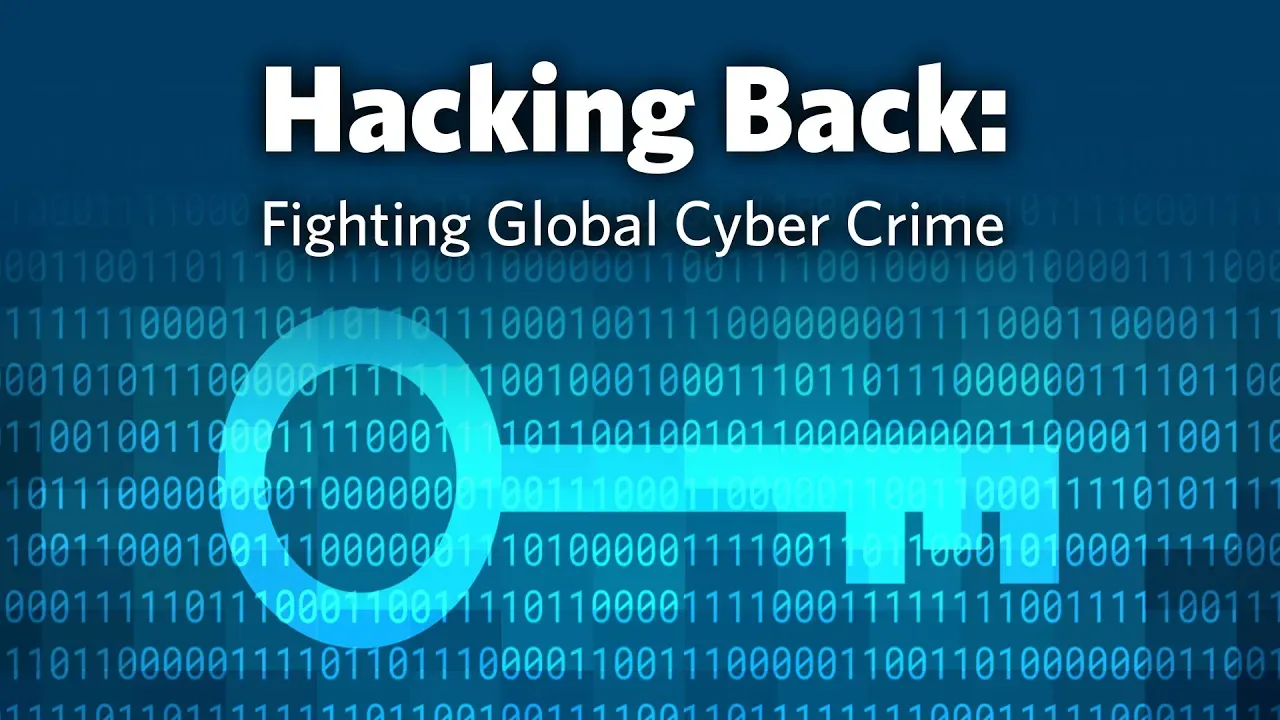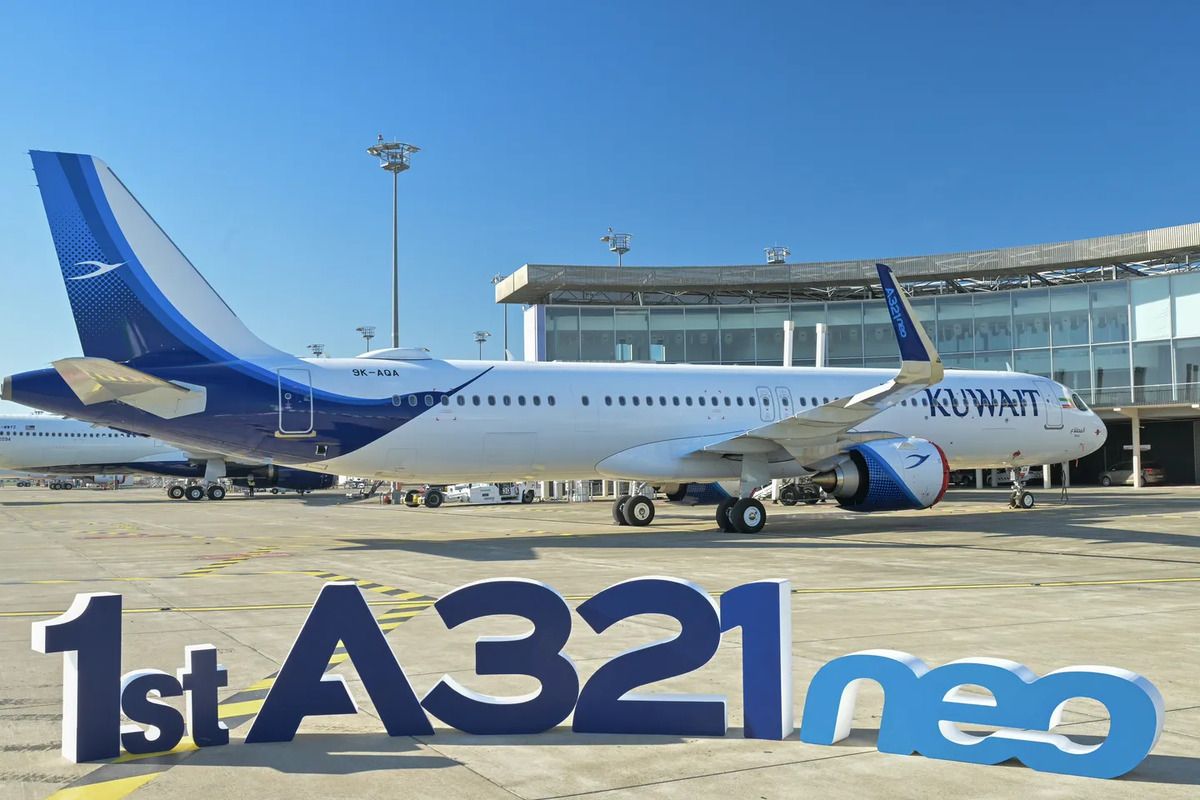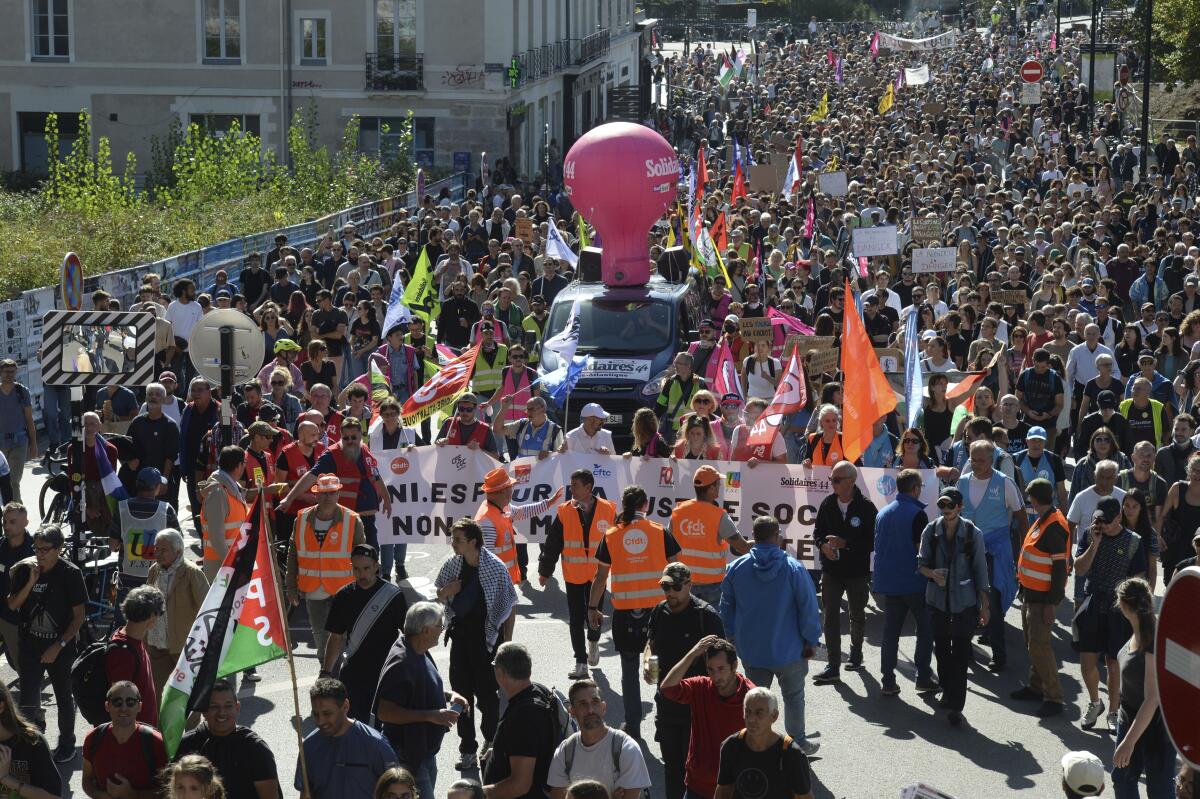
04 Nov, 2025
3 min read
Jimmy Kimmel Show Suspended Amid Trump Administration’s Licensing Threats Over Critical Coverage
In a controversial development that has intensified the ongoing national debate on free speech, U.S. President Donald Trump applauded the suspension of late-night host Jimmy Kimmel’s show and suggested that television broadcasters critical of his administration should risk losing their licenses.
Kimmel faced backlash after his monologue addressing the September 10 shooting of conservative activist Charlie Kirk at a Utah university. The late-night program "Jimmy Kimmel Live," owned by Disney’s ABC network, was pulled indefinitely following pressure from conservative groups and broadcasters.
The suspension drew widespread condemnation from entertainers, former President Barack Obama, writers, and civil liberties advocates, who labeled the move as a dangerous concession to unconstitutional government intimidation.
Approximately 150 protesters gathered outside the Hollywood studio of Kimmel’s show, carrying signs reading, "Don’t Bend a Knee to Trump," "Resist Fascism," and "Cancel Disney+." Celebrity hosts like Stephen Colbert and Jon Stewart publicly expressed solidarity with Kimmel, critiquing the administration’s apparent crackdown on dissent.
During his recent state visit to the United Kingdom, Trump criticized Kimmel directly, labeling him untalented and denouncing his commentary on Kirk.
Kimmel had mocked Trump’s handling of the mourning period for Kirk, highlighting what he described as immature behavior by the president. The Chicago-born comedian’s remarks sparked outrage among conservatives allied with Kirk’s supporters.
Following the incident, the Federal Communications Commission (FCC) Chair Brendan Carr hinted at regulatory scrutiny of Kimmel’s content, fueling fears of potential reprisal through license revocations—an action that federal law prohibits when based solely on negative coverage.
Trump reinforced this stance aboard Air Force One, stating, "That’s something that should be talked about for licensing. … All they do is hit Trump. I would think maybe their license should be taken away. It will be up to Brendan Carr."
Media companies, unions, and rights organizations condemned the intimidation, framing it as an attack on the First Amendment.
Former President Obama warned, "After years of complaining about cancel culture, the current administration has taken it to a new and dangerous level by routinely threatening regulatory action against media companies unless they muzzle or fire reporters and commentators it doesn’t like."
The case spotlights a deepening divide as Republicans defend efforts to counter what they accuse as inflammatory rhetoric, while Democrats and free speech advocates warn against governmental overreach.
The controversy over Kirk’s death has polarized public opinion, with supporters mourning a conservative figurehead and critics condemning his divisive rhetoric on immigration, race, and gender issues.
Meanwhile, two major local broadcast owners with pending mergers before the FCC—Nexstar and Sinclair Broadcast Group—have ceased airing Kimmel’s program, illustrating the broad industry impact of the dispute.
Inside Disney, CEO Bob Iger and Entertainment Co-Chair Dana Walden made the decision to suspend the show amid mounting political and commercial pressures.
As the nation grapples with the implications for free speech and media independence, observers remain attentive to the evolving FCC role and the future landscape of broadcast content regulation.
Recommended For You

Lufthansa Technik Philippines and Philippine Airlines Mark 25 Years of Strategic Partnership
Nov 04, 2025
Isabella Garcia

INTERPOL Asian Regional Conference Ends with Renewed Commitment to Regional Security
Nov 04, 2025
Sofia Lim

Cebu Pacific Wins Global Award for Sustainable Aviation Financing
Nov 04, 2025
Isabella Garcia

Massive Protests Sweep France Against Macron’s Austerity Measures
Nov 04, 2025
Katrina Mercado
